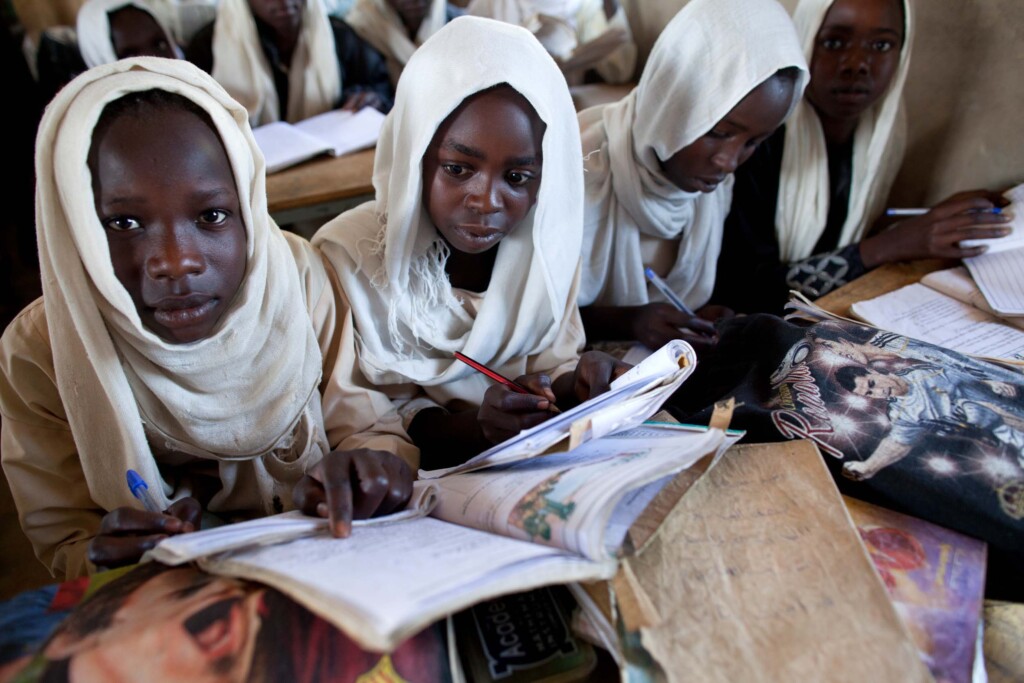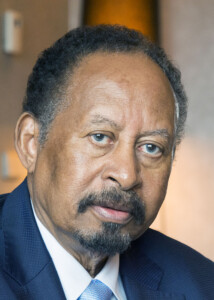Sudan teachers question timing of Khartoum education ministry’s mid-year break decision

School children in Darfur (File photo: Albert González Farran / UNAMID)
KHARTOUM / EL FASHER –
The Sudanese Teachers’ Committee has reacted with scepticism to a decision, announced on Tuesday by the Khartoum Ministry of Education, to amend the calendar for schools in the state for 2022-2023, and introduce a proposed mid-year holiday.
Gariballah Mohamed Ahmed, acting Director General of the Education Ministry, announced in a state-wide memo that the mid-year holiday is “a natural result of the ‘strike for dignity’ the teachers started”.
The decision would mean a mid-year holiday in “all government and private educational facilities” starting from Wednesday, January 11, until Sunday, January 29, for “all stages of education in Khartoum state”.
Duriya Babiker, member of the Executive Office of the Sudanese Teachers’ Committee, stated that the ministry’s mid-holiday amendment was a purposefully political decision.
“The timing of the suspension of studies for three weeks coincides with the strike announced by the Teachers’ Strike Committee,” she told Radio Dabanga.
Babiker also shared her frustration over the Khartoum state Education Ministry’s plan of collecting SDG800 (US$1.40) as exam fees for each student from all schools, even private ones, stating that they “had no right to collect money from students”, as “education is officially free”.
Government schools demanded the SDG800 exam fees from each student. Many private schools in the capital were met with resistance from the parents, as their tuition fees were meant to cover costs for the entire school year, unlike public schools.
‘Schools heavily interrupted’
About 6.9 million girls and boys, one in three school-aged children, however, do not go to school in Sudan, the UN Children’s Fund (UNICEF) and the international aid organisation Save the Children in Sudan said in a joint press statement in September last year.
“A further 12 million will have their school years heavily interrupted by a lack of sufficient teachers, infrastructure, and an enabling learning environment to make them reach their full potential,” the statement reads.











 and then
and then